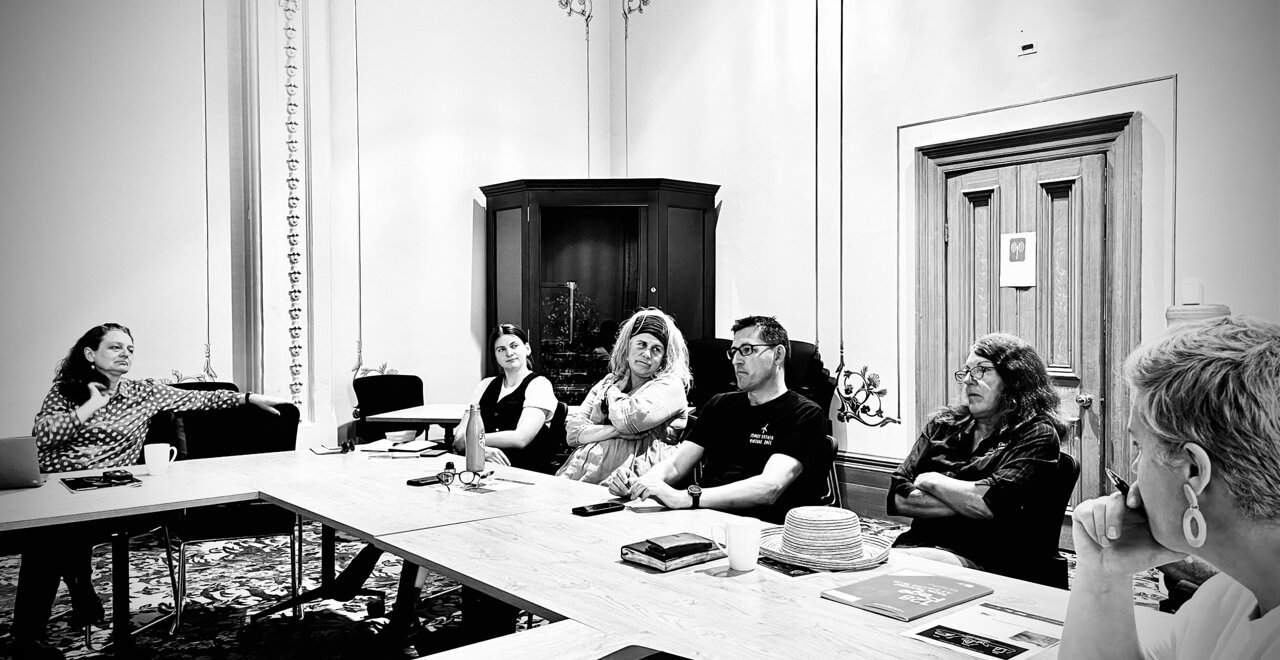FOR IMMEDIATE RELEASE
26 February 2014
Grape industry seeks watertight mining commitment
One of South Australia’s peak viticultural organisations is calling for State election candidates to add their voice to widespread calls for a moratorium on unconventional shale gas mining. The Limestone Coast Grape and Wine Council (LCGWC), which represents all vineyards in the Limestone Coast, believes that water resource protection should take priority over mining and exploration, and has established a sub-committee to address the issue. LCGWC chair, Brendan Provis, says the wine industry won’t be the only sector to feel the impact of reduced aquifer volume and/or quality if regional exploration plans go awry.
“The greater Limestone Coast is absolutely dependent on the ground water supply which services our towns, our industry, our livestock and our irrigated agriculture. We have no other options; if this goes wrong, we do not have access to the Murray River, reservoirs, or desalination, and this is why any uncontrolled change in aquifer levels or any well failure rate is such a major concern,” he says.
The LCGWC is also concerned about the use of water during mining activity, given that stakeholders have been asked to accept significant reductions in water allocation since the Lower Limestone Coast Water Allocation Plan (WAP) was approved by the Environment Minister in late November 2013. “The WAP has no provision for mining – every drop is accounted for, and any new water uses will need to come from existing licence holders, be they viticulture, agriculture, potatoes or forestry,” says Mr Provis.
The Victorian State Government has a moratorium on ‘fracking’ in place until mid 2015, and the LCGWC is seeking a watertight commitment from both major South Australian political parties that water resources in this state will be protected. “While only exploratory licences have been issued, the intention to explore the possibility of many wells and large scale hydraulic fracturing using old and new techniques raises many risks,” says Mr Provis, adding that the offer of a parliamentary enquiry is unsatisfactory. “Parliamentary enquiries become a political process whereby compromises can occur. We, along with many other long-term local industries, cannot compromise our water resources.”
The LCGWC is concerned that the Liberal Candidate for Mount Gambier, Troy Bell, has not made his position on the issue clear enough. “Are they prepared to put an immediate halt to drilling or not? Saying that you will never support anything that puts the supply of water or its quality at risk simply isn’t enough when drilling activity is already underway,” says Mr Provis.
Meanwhile, the LCGWC has been buoyed by the support of Independent Senator for South Australia, Nick Xenophon, who recently indicated that he will move amendments to the Federal Government’s Environment Legislation Amendment Bill to prevent fracking from taking place where there will be an impact on water resources. “Senator Xenophon has listened to Limestone Coast residents and is aware of the loophole in the existing law, which is placing our groundwater supplies in jeopardy,” says Mr Provis.
The LCGWC also has the support of Independent Mount Gambier MP, Don Pegler, who wrote to the Environment Minister, Ian Hunter, in December calling for a moratorium on hydraulic fracturing “until such time that an iron clad guarantee can be given that our environment will not be threatened”.
For further comment, please contact Brendan Provis, Chair LCGWC, Mobile 0408 849 566.
limestonecoastwine.com.au

